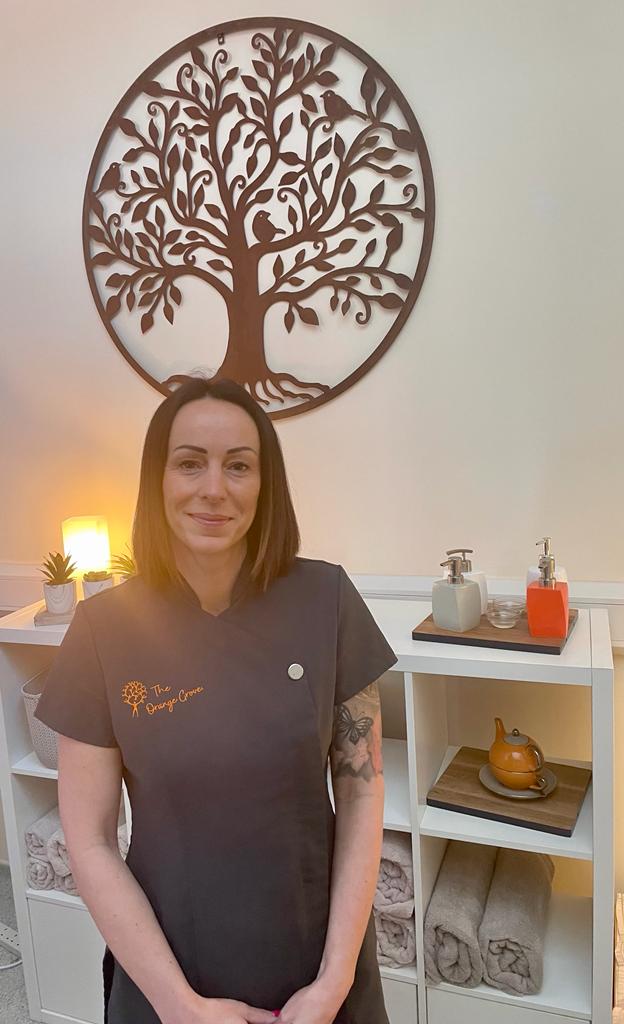When someone dies, their estate usually goes through a legal process called probate. In England and Wales, this confirms the will and gives executors the authority to manage the estate. If there’s no will, the process is known as “letters of administration”.
Individuals can apply directly through the courts, often referred to as “DIY probate”. While it may seem like a way to save costs, it carries risks.
What is Probate?
Probate confirms that a will is valid and gives executors legal authority to manage the estate. Without it, banks and other institutions won’t usually release funds or transfer property.
In England and Wales, probate is governed by the Non-Contentious Probate Rules 1987 and the Administration of Estates Act 1925. Applications go through HMCTS, with a £300 fee for estates over £5,000.
The Risks of DIY Probate
1. Misunderstanding Inheritance Tax
Executors are personally liable for ensuring inheritance tax (IHT) is calculated and paid correctly. Mistakes can result in penalties and interest being charged by HMRC. Complex rules apply, including allowances, reliefs, and exemptions.
2. Misinterpreting the Will
Legal terminology in wills is not always straightforward. Executors may misunderstand the provisions, leading to incorrect distribution of assets or disputes among beneficiaries.
3. Failing to Identify All Assets and Debts
Executors must ensure that all assets are collected, and all debts are paid before distributing the estate. Overlooking debts or paying beneficiaries too early can make an executor personally liable.
4. Problems with Property
Where the estate includes property, there can be complications such as mortgages, jointly owned property, or an unclear title. These issues often require legal expertise to resolve.
5. Disputes Between Beneficiaries
DIY probate can increase the risk of disputes if beneficiaries feel the estate is being mishandled. Executors can be taken to court for breach of duty.
6. Executor's Personal Liability
Executors carry significant personal responsibilities. Errors in tax, distribution or administration can result in financial liability, even if the mistakes were unintentional.
7. Potential Trusts
Sometimes it can be difficult to identify a Trust in a Will, or be aware of a lifetime Trust that may need to be dealt with. When a property Trust is created in a Will, even if there is a surviving spouse who lives in the property, legal advice is recommended to ensure that the administration is carried out correctly.
When DIY Probate May Be Less Risky
DIY probate might be manageable where:
~The estate is small, and all cash balances are under each institution’s probate threshold (check with each bank/building society)
~There is no property.
~There are a few beneficiaries, all of whom agree on the process.
~There are no tax liabilities or foreign assets.
Even in these cases, care should be taken to follow official guidance.
Balancing Cost and Risk
Probate is a necessary legal process, and while solicitor fees may seem high, they can save time, reduce stress, and prevent costly mistakes. DIY probate is possible, but unless the estate is very simple, the risks often outweigh the savings. Executors should consider whether they have the time and expertise to manage it alone.
If you would like to discuss anything in this article, or require assistance with probate, please contact Spire Solicitors on 01953 606351 or email info@spiresolicitors.co.uk.















